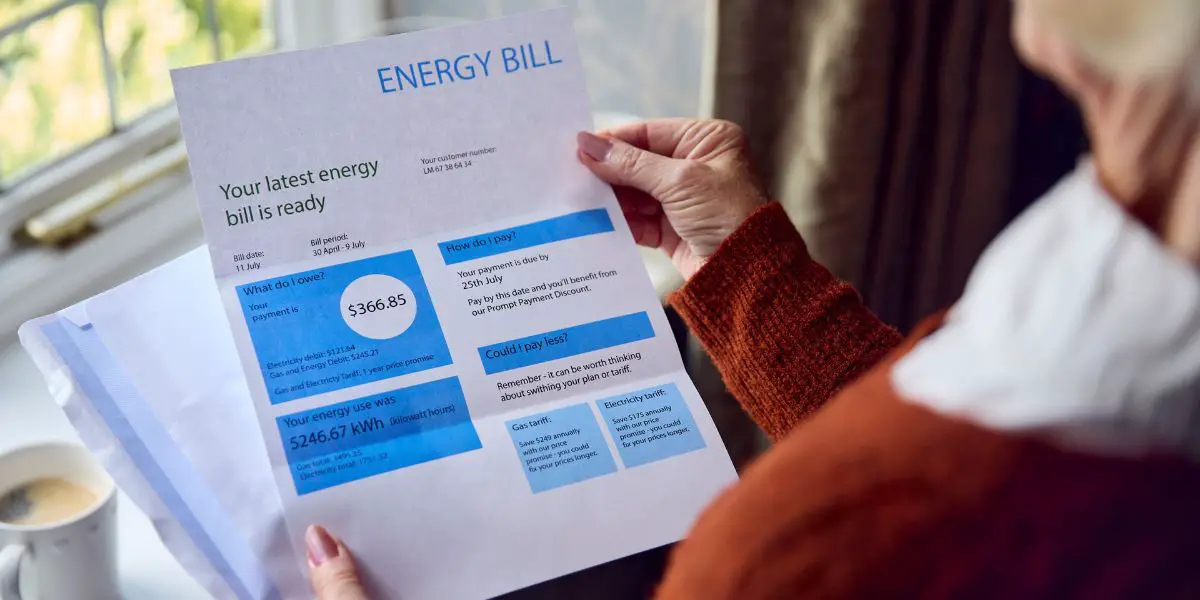Tenants aren’t the only ones who get stressed during relocations, as moving out can also affect property owners who must find, screen, and accept new occupants to replace previous renters. Ideally, tenants must inform their landlords about two months beforehand. Doing so can be especially helpful in an inclusive tenancy agreement, where the property owner charges utility bills on top of monthly rentals and pays them accordingly.
Generally, the end of tenancy allows property owners and managers to perform minor home improvements to increase property value or reduce the cost of utilities. Property owners planning to switch to renewable power sources may contact energy efficiency companies like Budderfly.com to help reduce utility bills and carbon footprint.
In this article, we’ll look at what happens to a tenant’s utility costs upon transfer and how property owners can minimise such bills while waiting for new occupants.

What Happens When An Occupant Leaves?
The gap between tenancies is called the ‘void period’. As a property owner, you’ll pay the bills from when the previous occupant vacates the place and the other tenant comes along. Service providers will typically check the meter reading between these dates to determine your outstanding account.
When the property remains unoccupied, it’s in a landlord’s interest to reduce recurring expenses to manage loss, especially since the rental property isn’t earning. Here are some tips worth considering:
- Reduce Your Heating Bills
The government estimated consumers paid GBP£564 in 2021 for an average of 13,600 kilowatt hour (kWh) consumption. A portion of this energy bill is attributed to home heating, including running hot water for the bath.
Here are some ways property managers can mitigate heating costs to lower utility prices:
- Get a smart or programmable thermostat
- Turn off the thermostat when no one is around
- Check your boilers and replace an outdated one
- Replace broken or inefficient radiator
Lighting up a fireplace can be a cost-saving measure to heat your home, although it’s less efficient than a heating system. If the latter is on, there’s no need to light up your fireplace, especially if you’re unsure about your chimney’s condition. You could look at purchasing a bio ethanol fireplace as an alternative heating system.
- Consider Renewable Energy Sources
Governments and private sectors worldwide encourage building owners to invest in renewable power sources and practice energy-efficient methods for sustainability.
Energy schemes have various terms and focus areas. For instance, some organizations offer energy efficiency as a service for a comprehensive package, while some offer energy bill subsidies or discounts for renewable power installations or upgrades. Installation of green power sources and energy-efficient devices is a worthy consideration if you want to upgrade your home and considerably reduce your power bills.
- Plug Leaks And Add Insulation
If you have yet to commit to an investment in renewable energy sources, consider minor to mid-scale home improvement projects to increase energy efficiency, such as plugging all potential air leaks and weather-proofing your home.
To do this, check all entryways like windows, doors, the attic, and the roof. Fix potential water and air leak sources like open doors, windows, chimneys, and ceilings. It’d be good to note that hot air usually escapes through these openings, while cold air and moisture can seep. So, insulating the attic and crawl space and sealing all leaks in your building can help you save at least 15% of your monthly power bills, per estimate.
- Fix Water Drips And Upgrade Your Fixtures
Building owners must ensure that the indoor water system is working well. It’s best to fix water leaks and clogged drains and inspect the efficiency of water, bath, and tap water heaters. According to Water UK, a dripping water tap can waste more than 5,500 litres yearly.
In some cases, you may need to replace outdated water fixtures like taps and showerheads to ensure a more streamlined water flow, which ultimately helps reduce consumption and bills.
- Switch To Energy-Saving Lights And Appliances
Light-emitting diode (LED) lights and bulbs consume about 80% less power than incandescent lamps, so consumers must have switched to them by now. Besides switching to LED, property owners can reduce utility bills further by investing in energy-efficient electrical appliances. Devices with inverter technology use less energy than their older counterparts, allowing users to save in the long term.
- Negotiate With Your Broadband Service Provider
Broadband service is often bundled with pay television and a fixed telephone line. In 2021, the median price was around GBP£ 44 per month. If, as a property owner, the other utilities are under your name, contact your provider to ask for the best options. You may request to cut off the services or a discount temporarily. You may also downgrade or eliminate other services to reduce your bills.

Final Thoughts
Whether renting or not, all households incur monthly utility bills to stay comfortable. The cost of utility bills generally depends on the property type, location, number of occupants, usage, heating system, appliances, and the building’s structure and condition. But as power and water bills are soaring worldwide, an energy-efficient rental home is always appealing.
Positioning your commercial property as an eco-friendly home increases its resale and rental value while minimising recurring expenses—a win-win solution for everyone involved.


